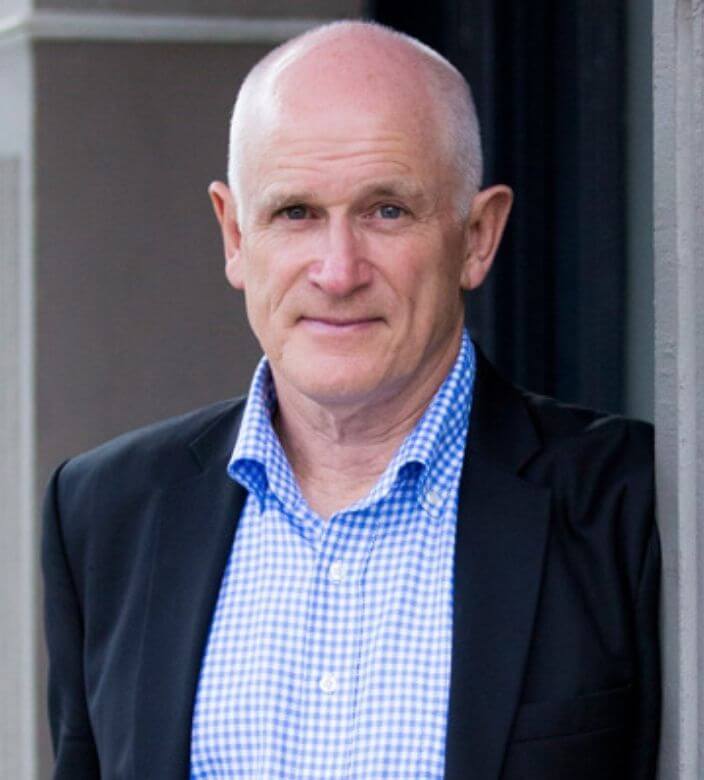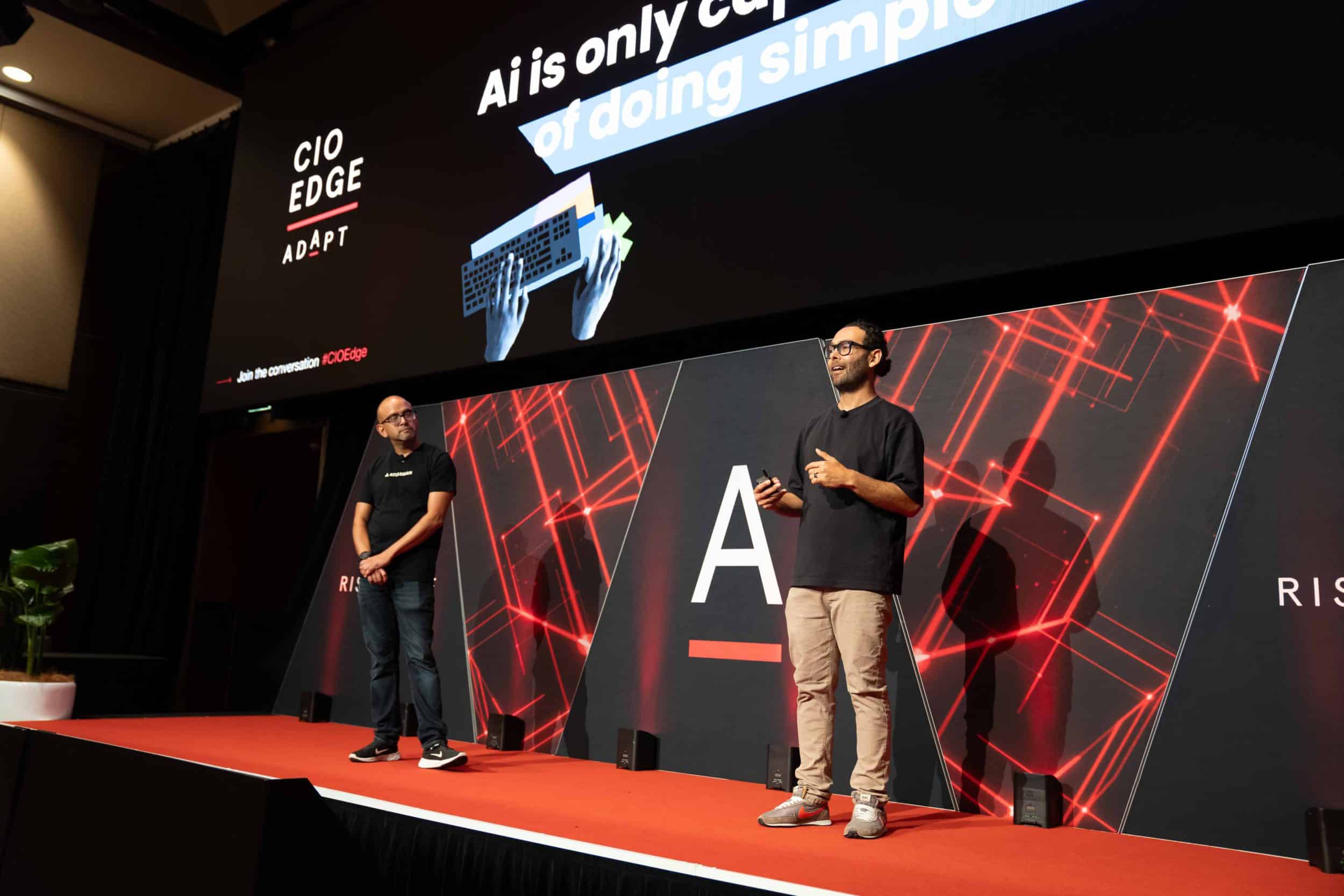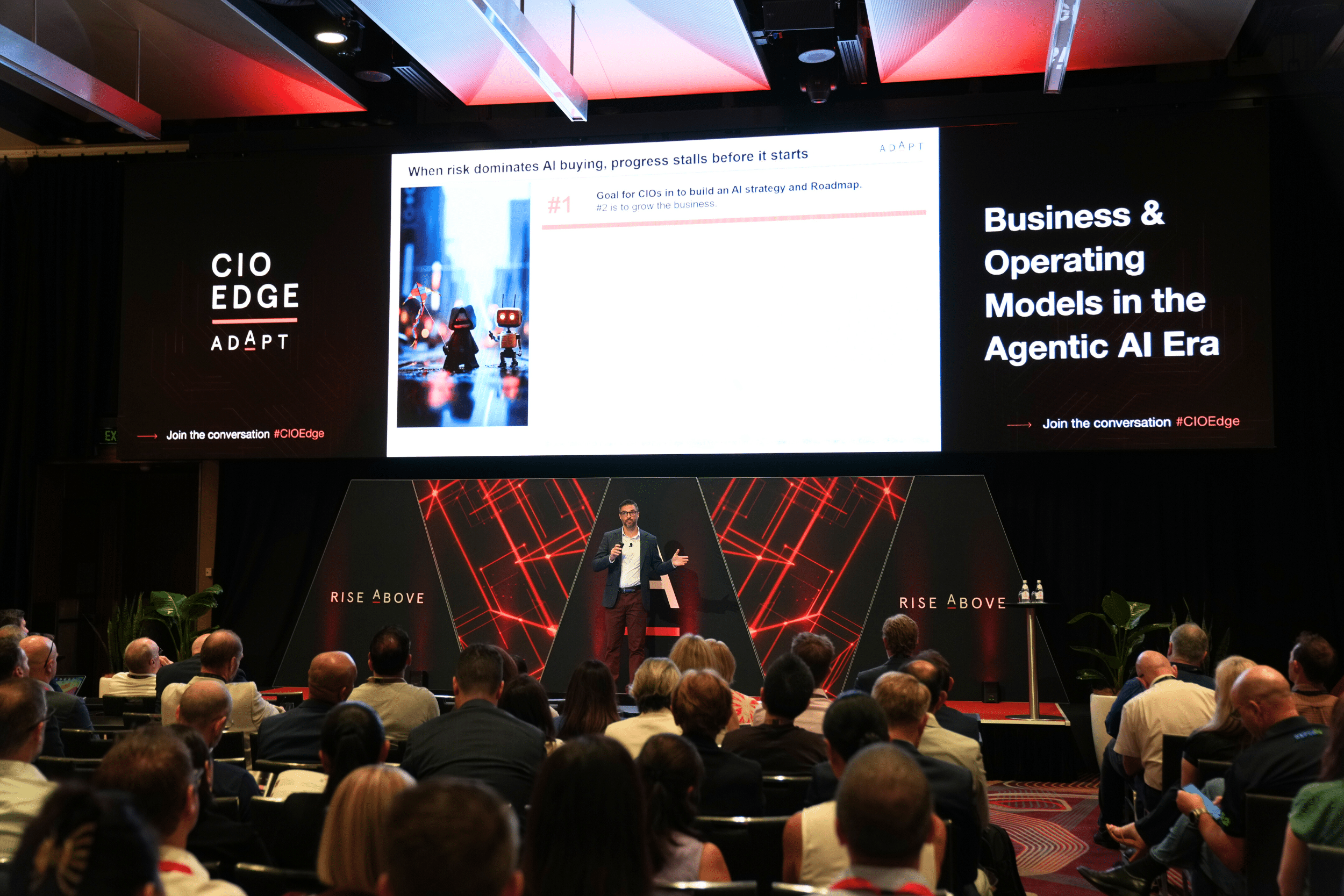The Importance of Systemised Innovation: An Interview with Finbar, an Experienced Entrepreneur
In this exclusive interview with Finbar, a seasoned entrepreneur and president of the Global Innovation Institute, we delve into the significance of having a well-defined framework for innovation and the perils of hasty progress without proper planning.In today’s rapidly evolving business landscape, innovation has become a buzzword thrown around by executives and entrepreneurs alike.
However, true innovation goes beyond mere ideation and requires a systematic and structured approach.
In this exclusive interview with Finbar, a seasoned entrepreneur and president of the Global Innovation Institute, we delve into the significance of having a well-defined framework for innovation and the perils of hasty progress without proper planning.
Setting the Stage
Finbar, with his self-proclaimed unconventional appearance and a track record of building successful companies, brings a unique perspective to the table.
He emphasises the need for context when discussing terms like digital innovation, speed, and agility.
While executives may be eager to push their organisations forward, Finbar warns that doing so without a roadmap or plan can lead to disaster.
The Role of Process in Innovation
Drawing from his extensive experience in diverse companies and projects, Finbar highlights the importance of sound processes in achieving successful innovation.
He stresses that every good business relies on robust processes, and innovation is no exception.
Moving fast without a solid foundation and good problem-solving frameworks can result in failure.
Understanding the Problem
Finbar advocates for a systematic process that begins with a deep understanding of the problem at hand.
Rather than blindly chasing speed and agility, it is crucial to uncover the underlying motives and reasons for wanting to move quickly.
By addressing the problem behind the problem, organisations can make informed decisions about the appropriate innovation framework to adopt.
The Need for Specialised Capabilities
Innovation frameworks are not one-size-fits-all solutions.
Finbar asserts that organisations must recognise the importance of internal capabilities and expertise or seek external partners who possess the necessary skills.
Just as one wouldn’t place an accountant in charge of a tea room, putting someone without a systematic understanding of innovation in a leadership position can lead to inefficiency and wasted resources.
The Power of Systemised Innovation
Finbar highlights that a structured and systemised approach to innovation provides a range of benefits.
First and foremost, it allows for scalability and rapid growth by providing repeatable actions and a proven methodology.
Moreover, it enables organisations to measure progress at every stage, identify shortcomings, and make necessary adjustments.
Ultimately, systemised innovation de-risks investments, keeps employees satisfied, and maximises results.
An Analogy: Building a House with Blueprints
Finbar employs the analogy of constructing a house to explain the importance of having blueprints.
Without a clear plan, the house may be built quickly but lack stability and longevity.
Similarly, a well-structured innovation framework ensures that the organisation’s progress is sustainable, effective, and aligned with its goals.
Navigating Impatience for Change
When executives in middle management seek rapid change, they may view a systematic approach to innovation as resistance.
However, Finbar presents a counterargument.
By investing a short amount of time in understanding terms like speed and scale, and fostering unity across the organisation, innovation can proceed at an accelerated pace.
This approach not only aligns stakeholders but also empowers them to make better-informed decisions.
Conclusion
Innovation is a vital driver of success in today’s business world. However, to harness its power effectively, organisations must move beyond buzzwords and embrace a systematic and structured approach.
The insights shared by Finbar, with his wealth of experience and expertise, highlight the significance of context, problem understanding, and specialised capabilities in driving successful innovation.
By implementing a well-defined innovation framework, organisations can scale rapidly, measure progress, and navigate the challenges of a rapidly evolving business landscape with confidence.






























